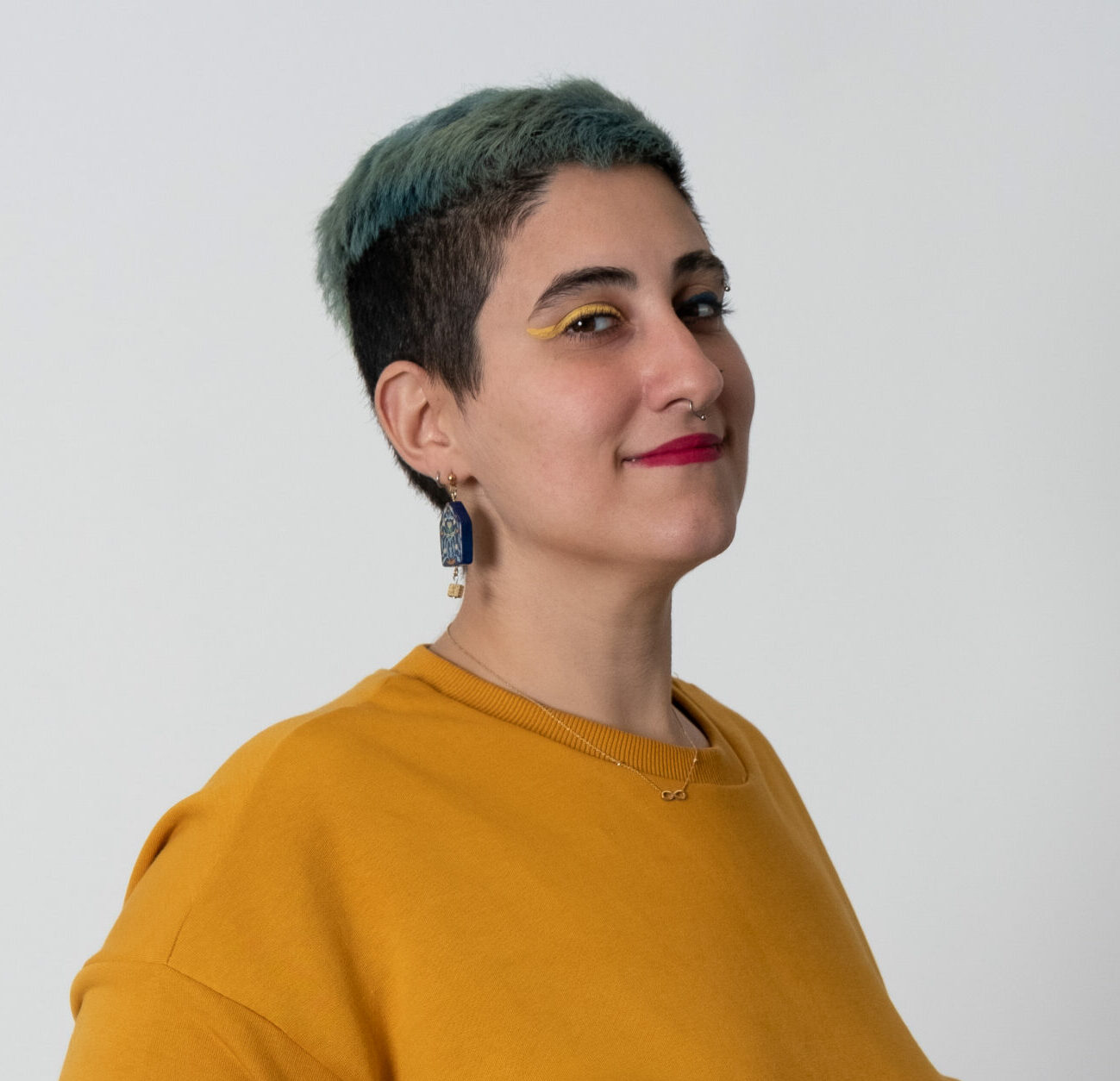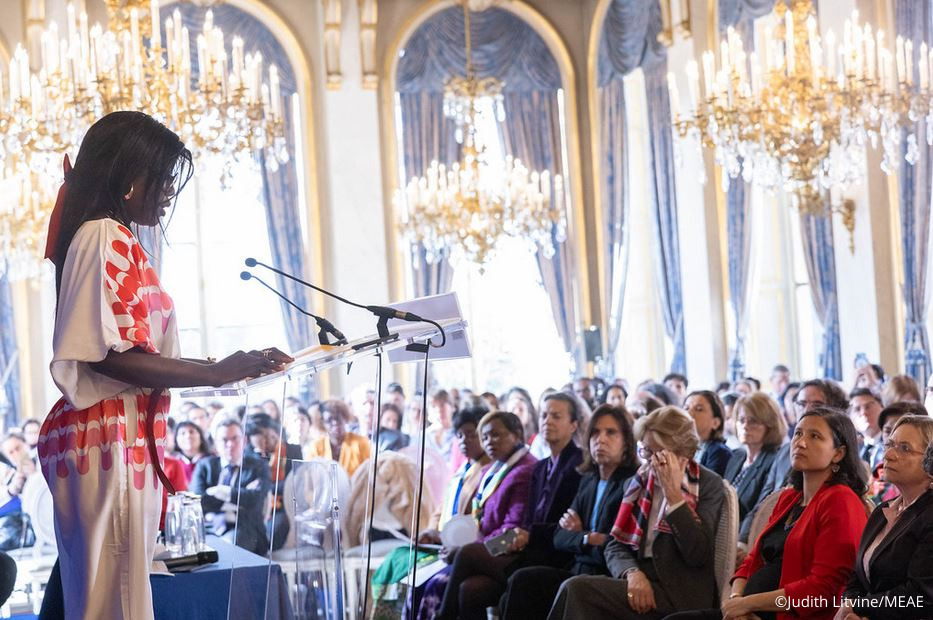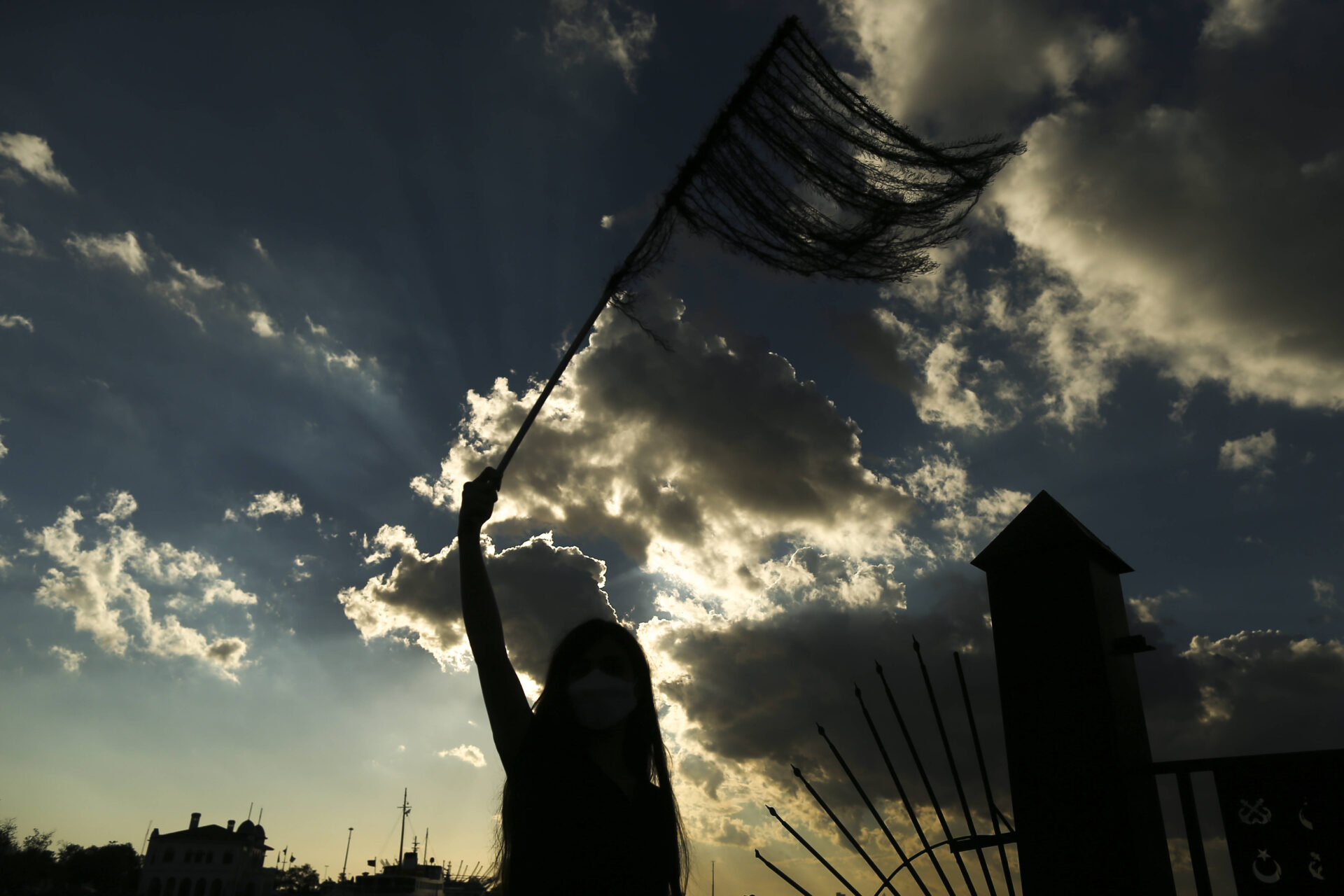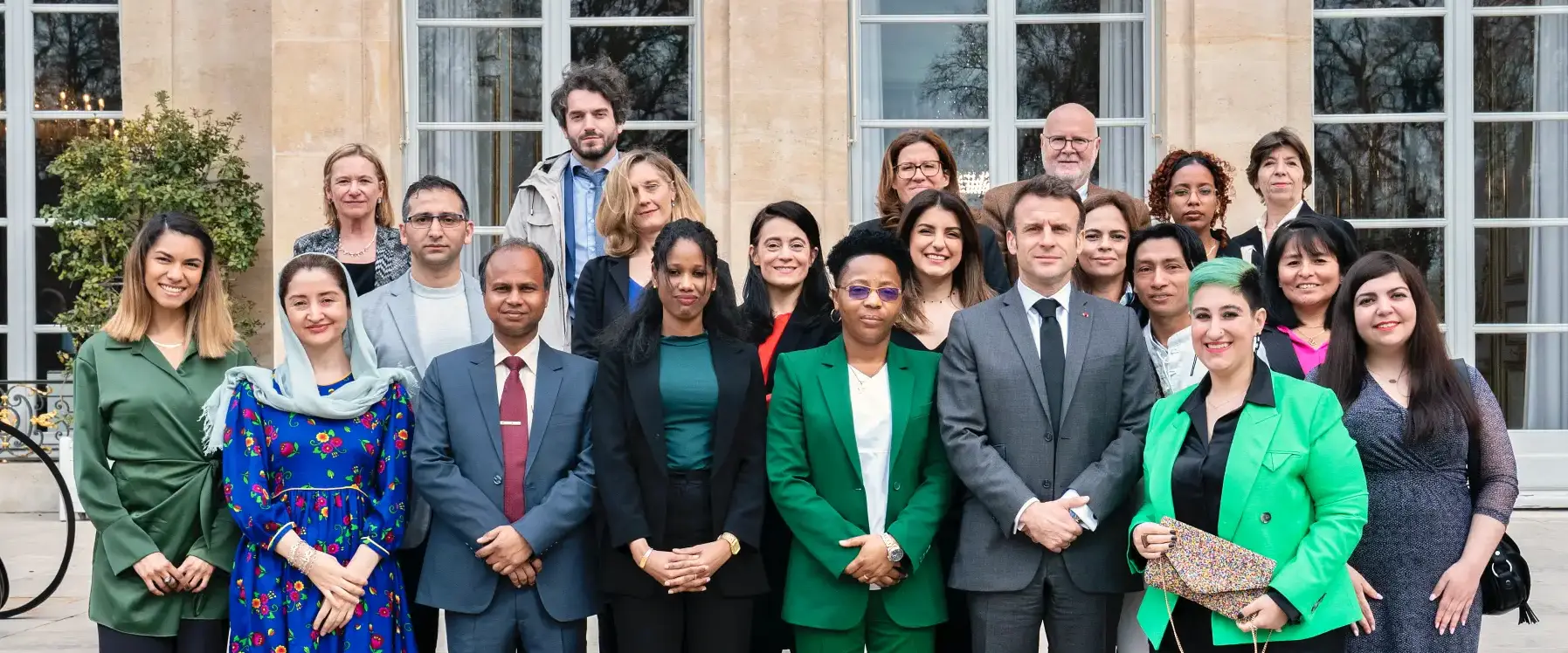
Description
Asal Abasian is an Iranian journalist and queer feminist who has been advocating for gender equality and LGBTQI+ rights for the past eight years. Asal started working as a journalist in 2007 and has worked for some of Iran's most famous media outlets such as Shargh, Chelcheragh and Andishe-pouya. After being the target of threats, Asal fled Iran to Turkey in 2021. There, Asal worked as a freelancer with various foreign-based Persian media outlets and Turkish media, such as BBC Persian, Radio Zamaneh, Iran International, Evrensel, and Kaos GL.
Interview with Asal Abasian - September 29, 2023
|
Could you please introduce yourself? My name is Asal Abasian, and I'm an Iranian journalist and queer feminist. I have worked as a reporter and journalist in the Iranian print media for over 10 years, during which time I collaborated with Sharghdaily, one of Iran's most widely read dailies. Nevertheless, in October 2021, I had to flee Iran after being interrogated and threatened by the IRGC (Islamic Revolutionary Guard Corps) because of my activism as an LGBTQI journalist. As a result, I initially left Tehran for Istanbul, where I worked as a freelance journalist with foreign-based Iranian media such as BBC Persian Service and Radio Zamaneh. Finally, last January, I arrived in France as a laureate of the Marianne Initiative class of 2023, and I'm now continuing my fight from Paris. Could you tell me more about your project and your association? I'm currently in the process of setting up my association "Beyond Borders LGBTQ+ Home For Persian Communities" in France. The latter aims to strengthen educational tools concerning the struggle of LGBTQ+ people in Persian-speaking countries. In particular, the association will offer a digital platform of accessible international resources - translated into Persian - focusing on the rights of LGBTQ+ communities, in areas such as education, civil rights and the right to health. This platform is destined to become the very first Persian queer digital library, with a particular focus on intersectional feminism. How did the Marianne initiative help you make your project a reality? What activities did you find most useful during the program? The Marianne Initiative has been an immense opportunity for me; it has enabled me to develop my network of human rights defenders, through meetings organized with players from French and international civil society. I'm very grateful to the committee for having been selected, and to the accompanying teams for having made this experience possible for international human rights defenders. |
|
|
|
|
Have you kept in touch with the other winners since the end of the program? Since the end of the program, I've kept in regular contact with the other prizewinners, and in particular with two of them, whom I now consider friends. We plan to develop a joint international project between our respective organizations. September marked "one year" since the death of Mahsa Amini and the subsequent feminist protests in Iran. How do you think the situation of women's rights has evolved in Iran? For me, the most important thing about the widespread protests that followed Mahsa Amini's murder is the continuing struggle of Iranian society. Demonstrators opposed to the Islamic Republic, together with Iranians who have had to flee the country, form a powerful union. More than ever, we must fight for respect for human rights and against all situations of inequality in Iran. I regained hope in my country's future after the demonstrations that followed Mahsa Amini's death, loudly bearing the slogan "Woman, Life, Freedom". |
Do you have a question? Please contact us!
Contact


